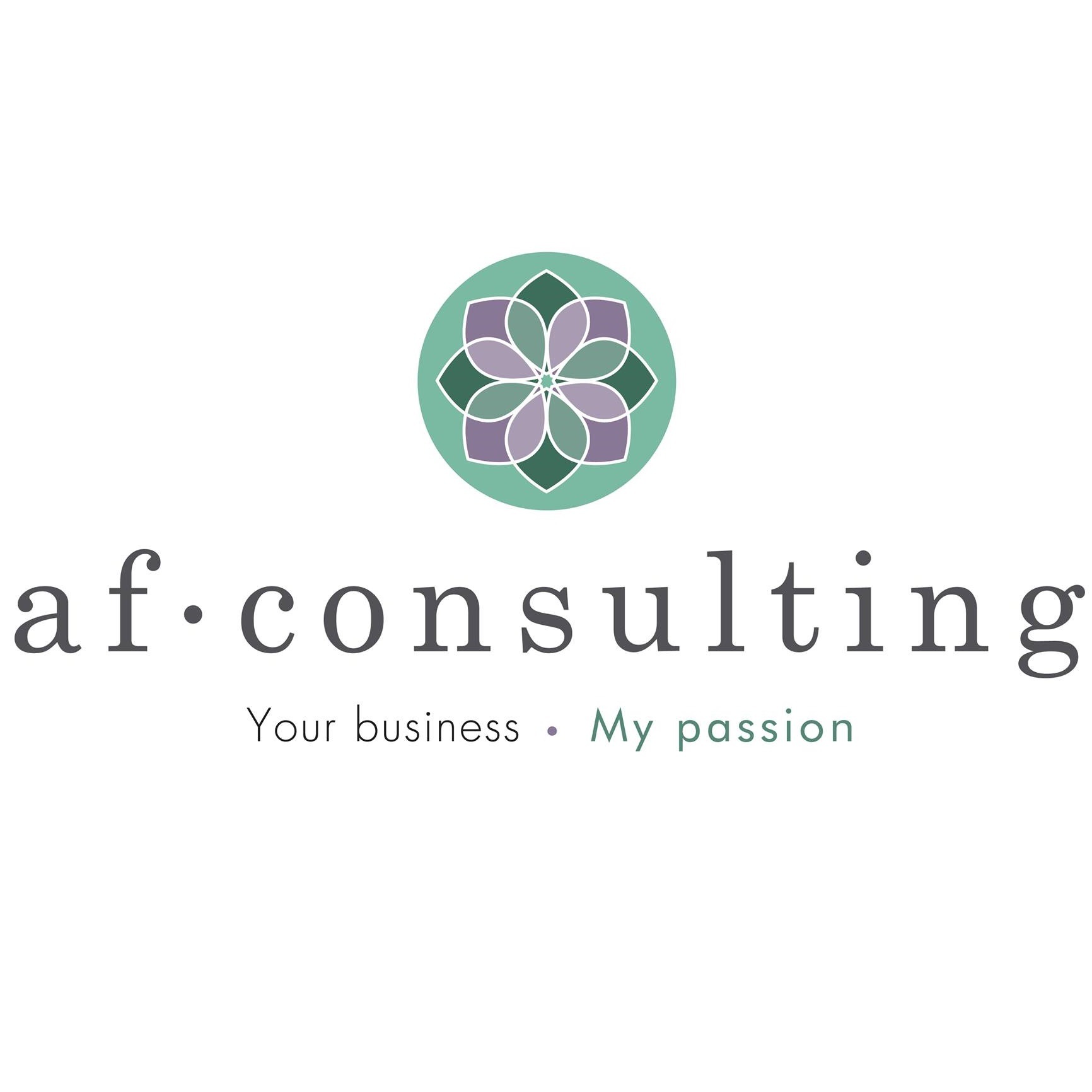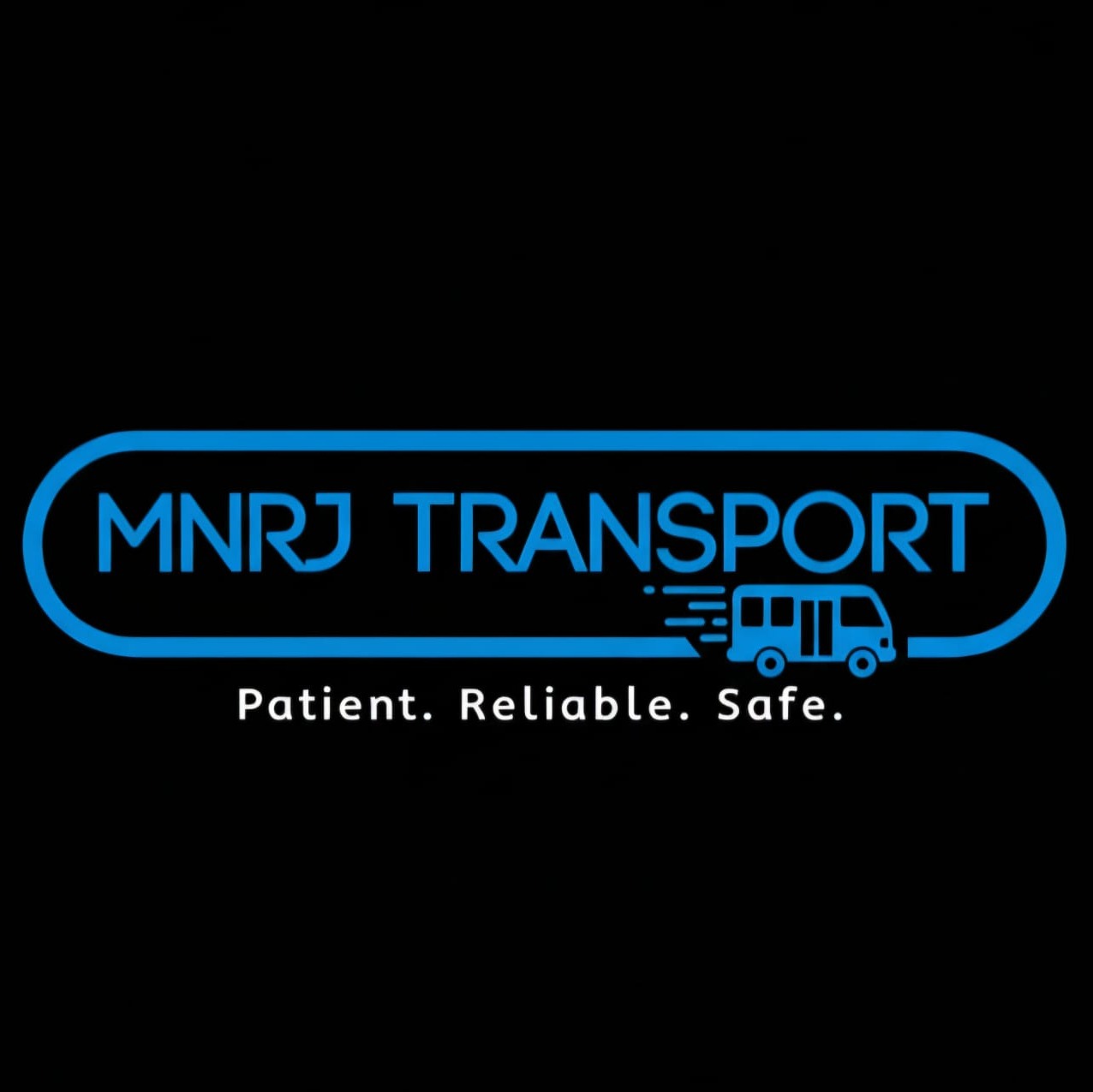Formal and Informal Feedback: A Dynamic Duo in the Workplace
Thinking about what I want to talk to you about this week I have to admit at the top of my list is COMMUNICATION in the workplace. One of the most potent tools at your disposal in the workplace is feedback. Feedback not only facilitates employee growth but also fuels productivity and fosters a culture of continuous improvement.
Informal Feedback: The Power of Real-time Interaction
From an HR perspective, encouraging informal feedback is essential for nurturing a culture of continuous improvement. It fosters trust, transparency, and open communication, empowering employees to share ideas, address concerns, and seek help when needed. Your employees want to be heard and while you might see it as spoon-feeding or babysitting, this is not how they perceive it.
How to Deliver Informal Feedback
We must understand the key characteristics of effective informal feedback. Here are a few tips for delivering effective informal feedback:
• Be fair and balanced: Consider the circumstances in which the behaviour occurred. Balanced means that not all the feedback you give is negative or for improvement.
• Make it timely: The informal feedback should occur right after the behaviour was observed or ideally within an hour.
• Be personal: Use the person’s name when delivering the feedback.
• Be specific: Provide details of what was observed or heard.
• Remove your negative emotions from your delivery
• Ask questions rather than make statements: Ensure the person understands the impact of their behaviour by asking them questions. By asking questions, the person receiving the feedback has to process information rather than just being a passive listener.
• Be genuinely thankful: Always thank a team member after giving feedback.

Formal Feedback: Structured Growth Pathways
From an HR perspective, formal feedback serves as a crucial mechanism to gauge an employee’s progress, align their goals with the company’s objectives, and identify areas for improvement. These evaluations are typically carried out by managers and HR professionals and are based on well-defined criteria and metrics.
Creating a Balance:
To optimize the benefits of both formal and informal feedback, we, business owners and HR professionals must promote a culture that encourages open communication and embraces feedback as a tool for growth, rather than criticism. Here are some strategies our consultants at AF-Consulting can provide for your Business:
1. Training and Development: We offer training sessions to both employees and managers on effective feedback techniques, emphasizing the importance of constructive communication.
2. Continuous Feedback Culture: Encourage regular check-ins and one-on-one discussions between employees and their supervisors to facilitate timely feedback exchanges.
3. Performance Improvement Plans: Assist the business owner with utilize formal feedback sessions to collaboratively develop performance improvement plans, setting achievable goals and monitoring progress.
4. Anonymous Feedback Channels: As a 3rd party, we can create anonymous feedback channels to encourage employees to express concerns without fear of retribution, fostering a culture of transparency.
It’s important to note that while informal feedback has numerous advantages, it should complement, not replace, formal feedback processes. A combination of both can provide a comprehensive understanding of the organization’s dynamics and promote a positive and thriving workplace.
Source: https://af-consulting.co.za/













































